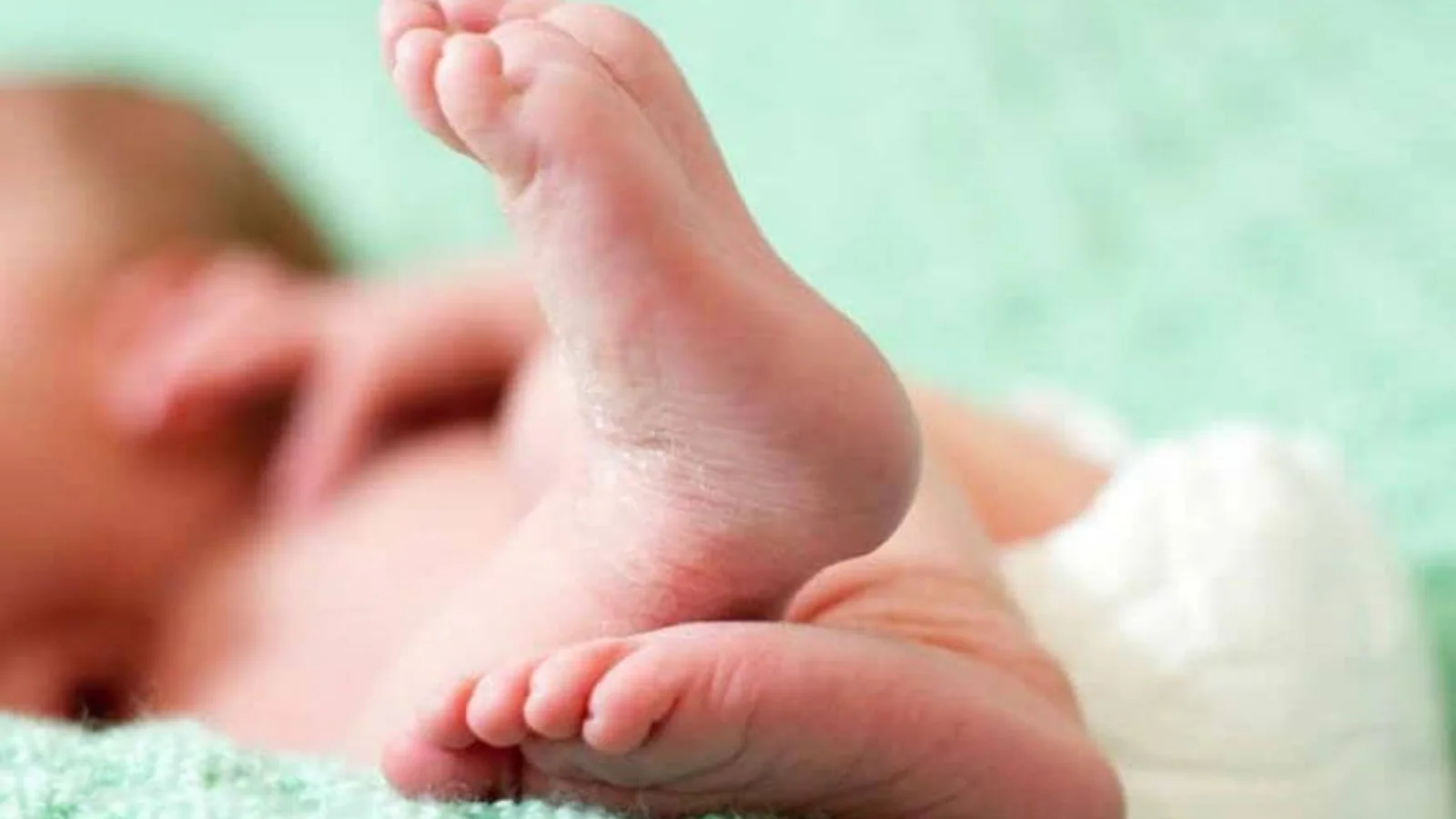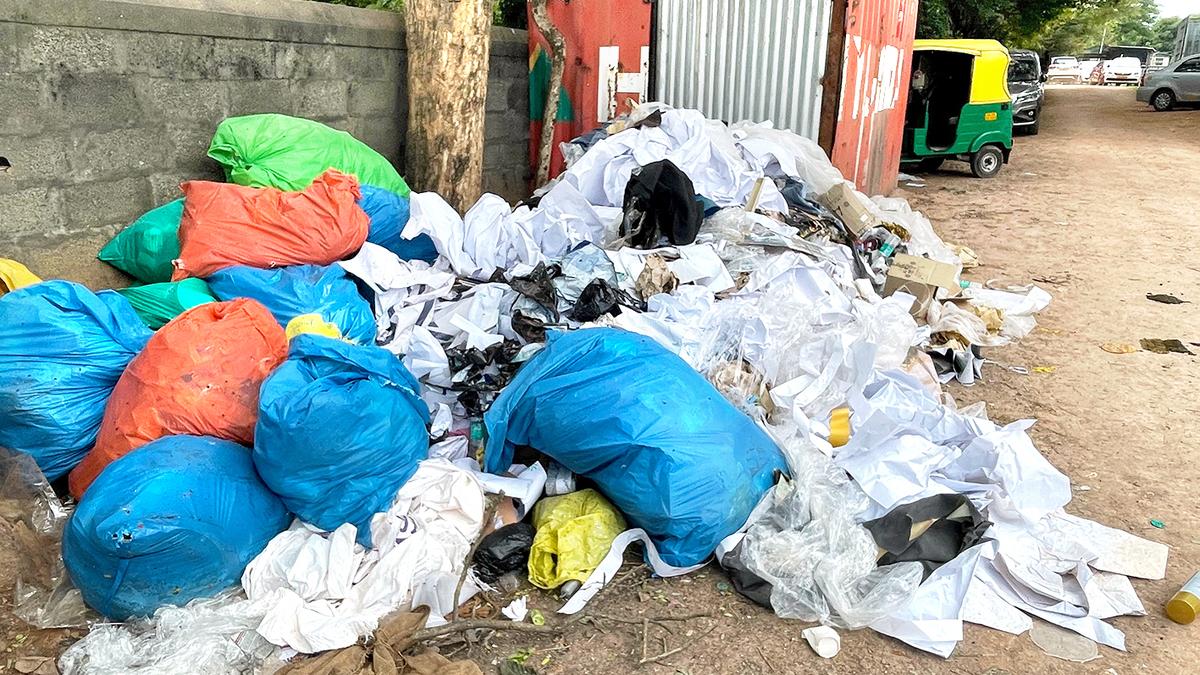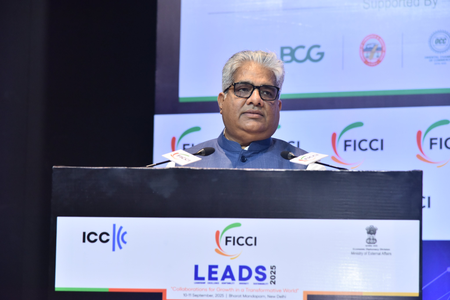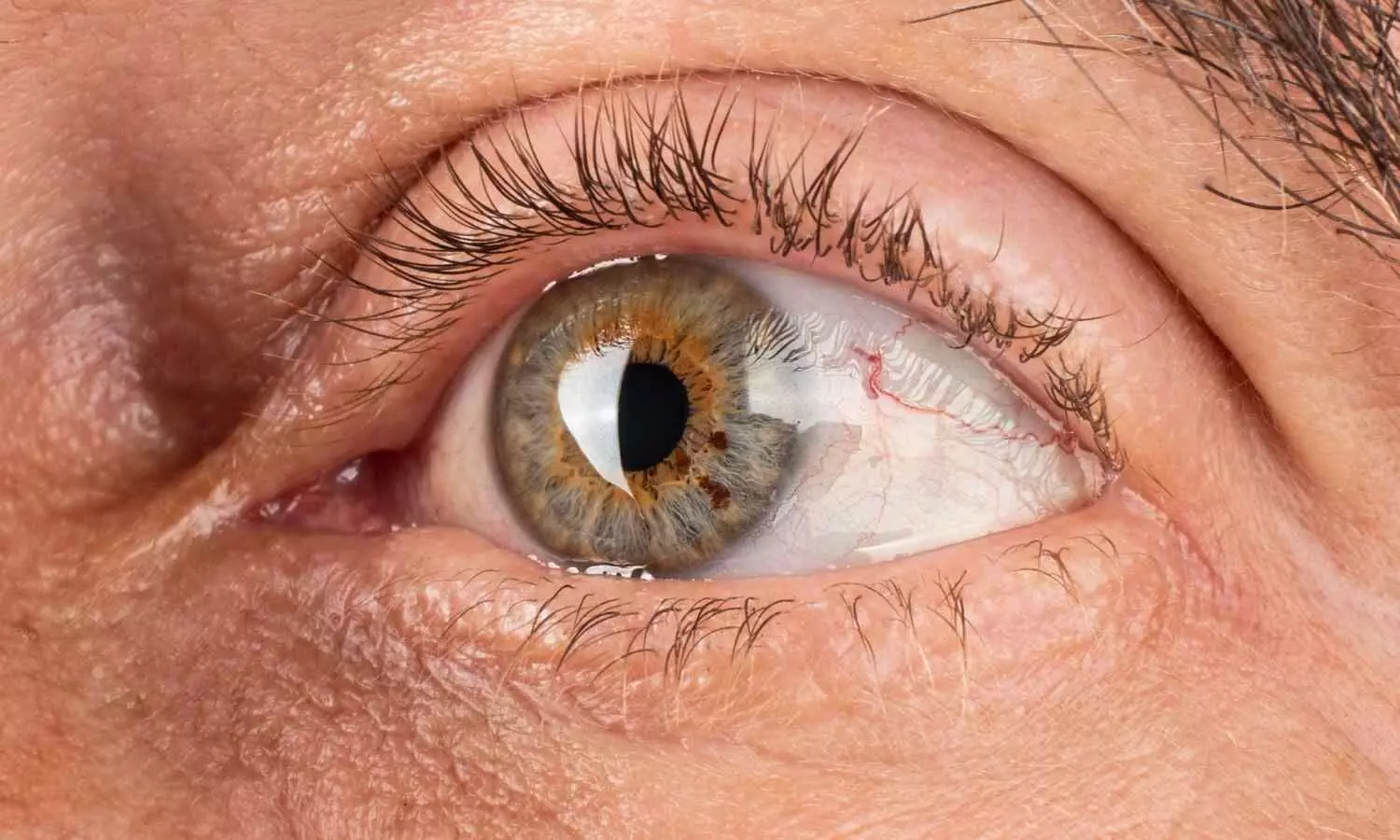By New.storytailors,News18
Copyright news18

In a shocking incident from Moradabad, a 23-year-old new mother suffering from postpartum psychosis placed her 15-day-old baby inside a refrigerator before going to sleep. Thankfully, the infant survived after his cries alerted his grandmother, who rescued him just in time. leaving the entire neighbourhood horrified and shaken.
The horrifying episode has sparked much-needed conversations about postpartum mental health, especially disorders like postpartum depression and postpartum psychosis, conditions that often go unnoticed or misunderstood in society.
Moradabad Woman’s Struggle with Postpartum Psychosis
According to her family, the young mother lived with her husband, a brass worker, and in-laws in Moradabad’s Jabbar Colony. On September 5, she carried her crying newborn into the kitchen, placed him in the fridge and went back to bed. The baby’s desperate cries woke the grandmother who rushed in and saved him.
When questioned, the woman calmly replied, “He was not sleeping, so I kept him in the fridge.” Initially, the family believed she was under some supernatural influence and even sought help from a local tantrik. But when her behaviour didn’t improve, they consulted doctors who diagnosed her with postpartum psychosis, a rare but severe mental illness that can develop shortly after childbirth.
View this post on Instagram
A post shared by For Men India Official (@for.men.india_)
Ishita Dutta Opens Up About Experiencing Physical Pain
While the incident has become a wake-up call about the lack of awareness surrounding maternal mental health in India, Ishita Dutta recently added to the conversation. The actress, who welcomed her second child, reflected on her postpartum struggles in a post on Instagram.
Sharing her experience, she said,“The first time, it hit me so hard, I would cry all the time without even knowing why. Hormones all over the place, your body goes through so much physical pain… Feeding every two hours, and if you have a colic baby, probably no sleep at all.”
View this post on Instagram
A post shared by Ishita Dutta Sheth (@ishidutta)
‘It’s Real, It’s Valid, and You Are Not Alone’: Ishita Dutta’s Message
For her second pregnancy, Ishita shared that things were “different, better in so many ways,” crediting her strong support system and better awareness of her body and mind.
She concluded with a heartfelt message saying, “If you’re going through postpartum depression, know this, it’s real, it’s valid, and you’re not alone.”
Her post highlighted an urgent truth that motherhood is beautiful but overwhelming and postpartum struggles deserve empathy and timely medical attention.
Understanding the Difference Between Postpartum Depression and Postpartum Psychosis
Psychiatrists explain that postpartum mental health disorders can range from mild “baby blues” to severe conditions like postpartum psychosis. Many new mothers experience what’s known as baby blues in the first two weeks after childbirth. This is quite common and usually involves mood swings, irritability or feeling overwhelmed. With rest and support, these feelings fade on their own.
However, for some women, these symptoms lead to postpartum depression (PPD). It is more than just feeling low and is marked by ongoing sadness, anxiety, exhaustion and sometimes a lack of interest in caring for the baby. It can make everyday tasks feel overwhelming and may last for weeks or even months.
At the extreme end of the range is postpartum psychosis. A rare but life-threatening condition, psychosis involves losing touch with reality and mothers dealing with it may experience hallucinations, delusions, confusion and severely impaired judgment.
While postpartum psychosis affects only 1 to 2 women per 1,000 births, postpartum depression is much more common. The World Health Organization (WHO) estimates that nearly 1 in 5 women in developing countries experience postpartum depression.
Supporting Your Partner After Childbirth: What You Can Do
The postpartum period is one of the most beautiful yet challenging times for a new mother and a partner’s support can make all the difference. After childbirth, when she is navigating physical recovery, emotional changes and sleepless nights while adjusting to her new role, the partner can step in to help with baby care like diaper changes, bottle-feeding, burping and soothing.
Beyond baby duties, take charge of everyday tasks like cooking, cleaning and laundry to ease her load. At feeding times, bring her snacks, adjust pillows for comfort and ensure she feels supported. Emotional support is equally important. Be patient, listen without judgment and help manage visitors so she can rest.
Most importantly, watch for signs of postpartum depression, which is more common than many realise. If you notice persistent sadness or anxiety, gently encourage her to seek professional help. Most importantly, remind her she deserves self-care and time to recharge.
Working Mom? Tips to Manage Postpartum Depression
Managing postpartum depression (PPD) can feel overwhelming, especially for working moms juggling a career, household responsibilities and a newborn. The first step is to seek support—talk to someone you trust, whether it’s a friend, family member or mental health professional.
Prioritizing your well-being is key and try to eat balanced meals, stay active and get rest whenever possible. Don’t hesitate to ask for help with chores and make sure that you have your small moments for self-care, like reading or practicing a hobby you enjoy.
Professional help is often essential in managing postpartum mental health disorders. Counseling offers a safe space to express your feelings, manage stress and develop coping strategies. In severe cases, seek help from a professional and antidepressant medication may also be recommended. If you’re a working mom, seek support from workplace policies that support your mental health such as paid maternity leave, flexible schedules and wellness initiatives.



